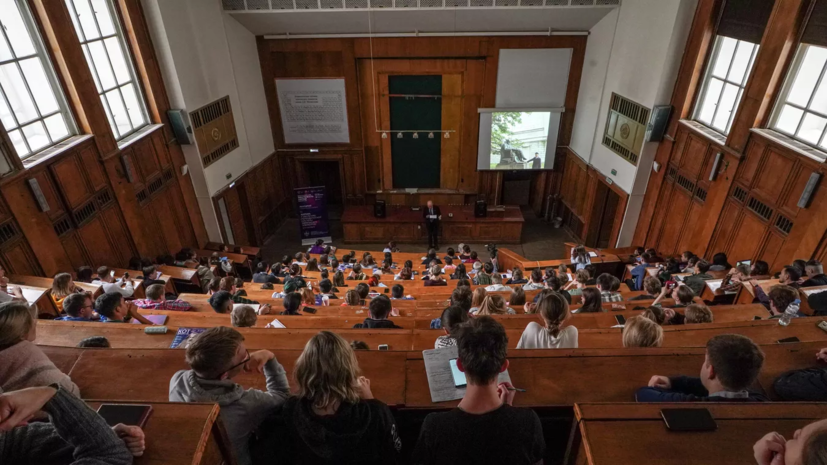As Aliyev noted, in accordance with the decree of the Russian government dated August 14, 2013 No. 697, a health certificate in the form 086u is required for admission to universities only in specialties related to pedagogy, medicine and a number of industries with increased danger (transport, energy).
At the same time, diseases that hinder training in these areas include tuberculosis, viral diseases and mental disorders, the RT interlocutor noted.
But in the absence of requirements for the provision of a health certificate, the presence of these diseases is not a contraindication for training in other specialties, the First Vice-Rector said.
"This approach has two significant drawbacks. Firstly, it increases the risk of morbidity, for example, of such a terrible disease as tuberculosis, for other students, since they will have to contact not only in classrooms, but also in dormitories. Secondly, even after receiving an education, students suffering, for example, from mental illnesses, will not be able to work fully, which means that state funds for education will be spent in vain," he explained.
At the same time, as Aliyev added, this statement of the issue does not cancel social adaptation programs for people suffering from serious and incurable diseases.
"But the adjustment of the educational track should take place at the time of graduation, and not during the period of study at a higher educational institution. Moreover, it is important for the university to understand in advance how many students have significant health restrictions, at least in order to plan the load when doing physical education," he said.
In accordance with the current legislation, the expulsion of a student with serious illnesses can only be formalized at the initiative of the student himself.
Earlier, Anton Orlov, Director of the Institute for the Study of Contemporary Politics, proposed to create uniform rules for providing discounts on tuition fees for university students who demonstrate academic success.

